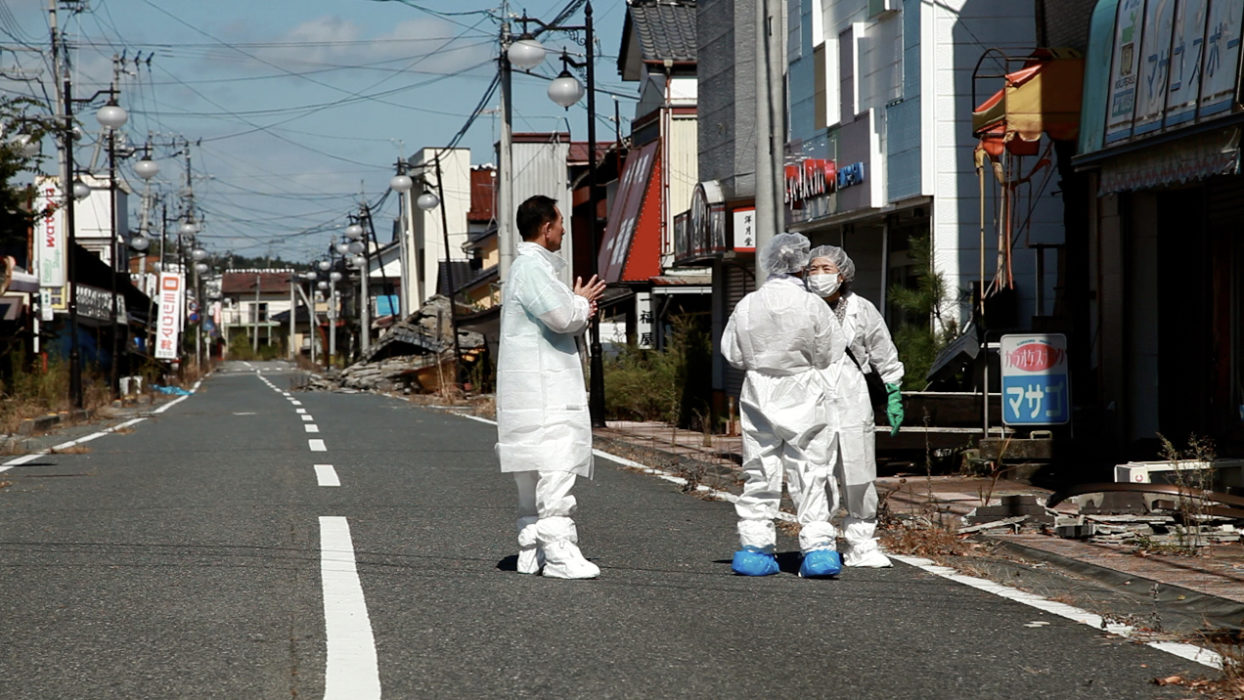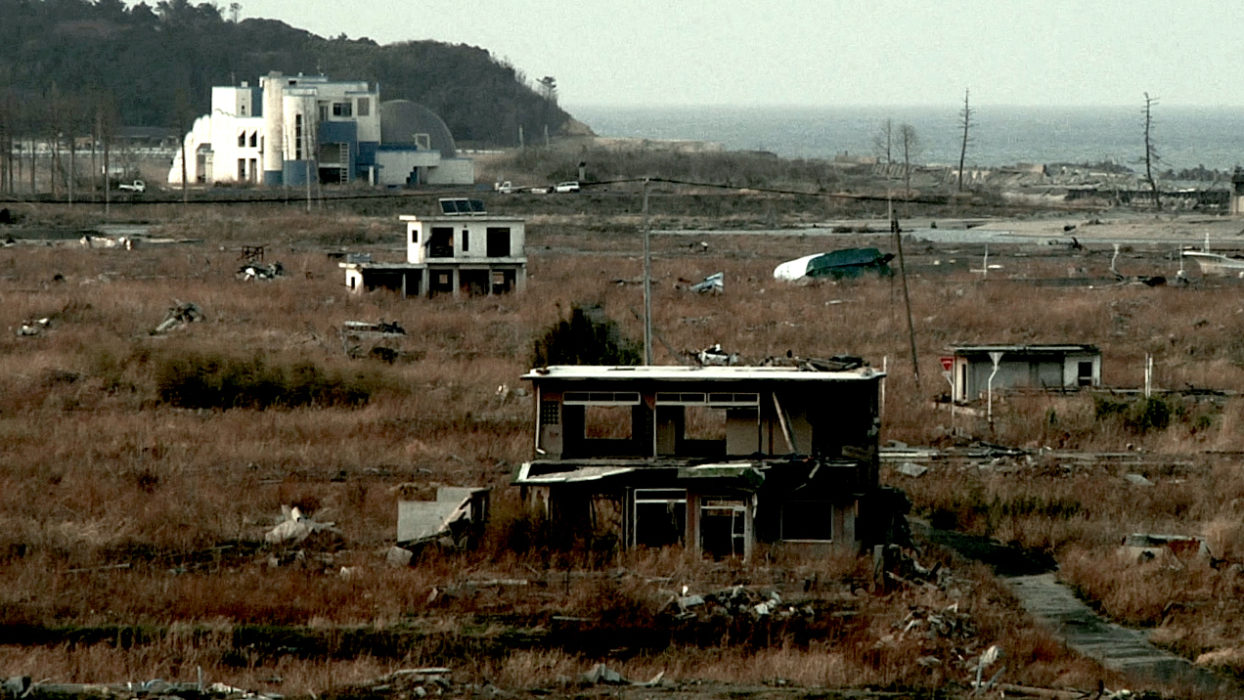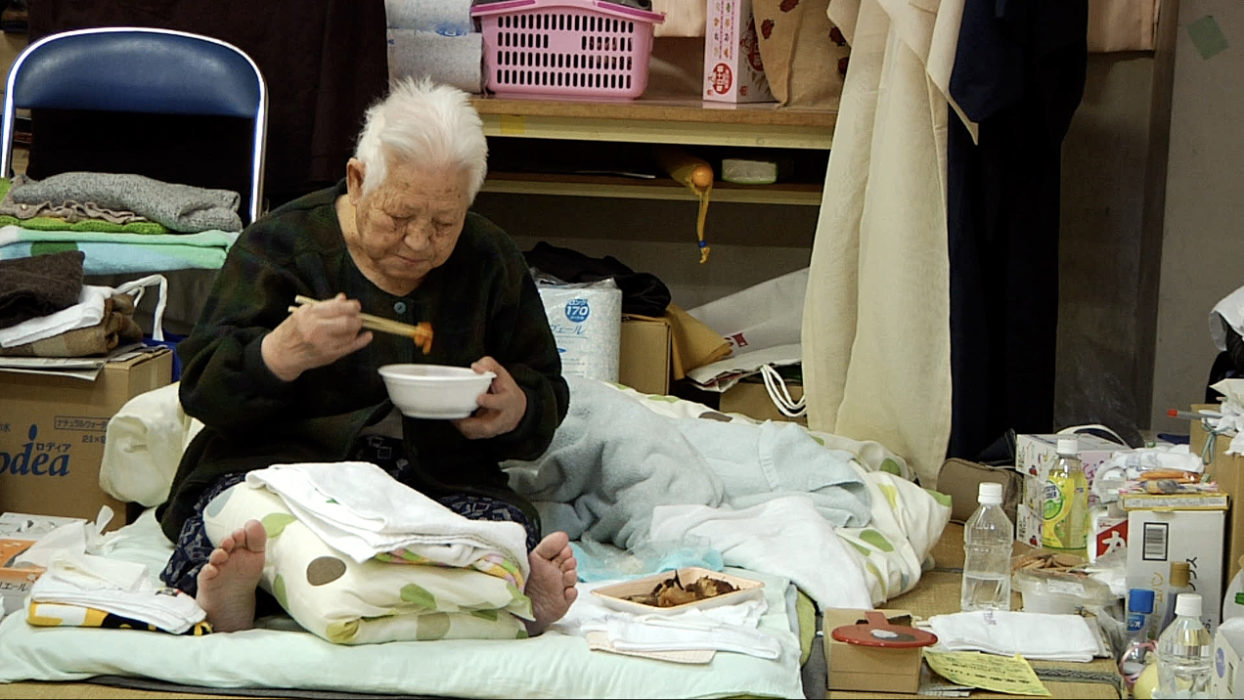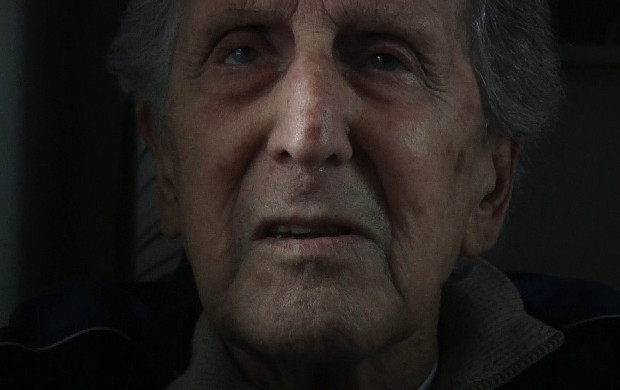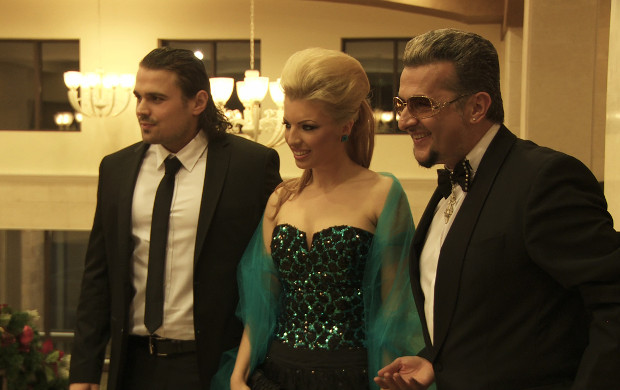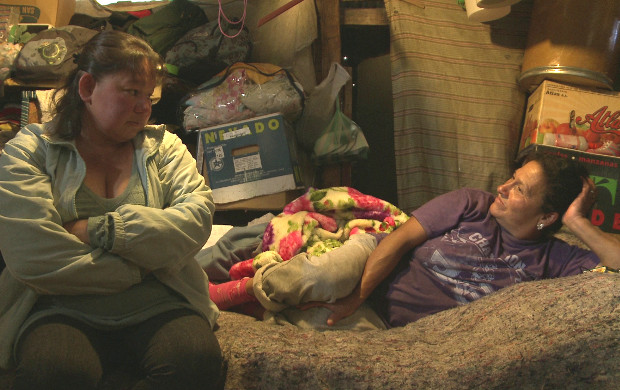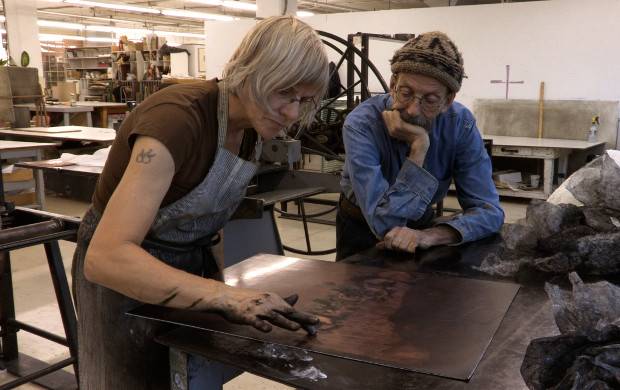Futaba kara toku hanarete dainibu
Nuclear Nation II
- 2014
- Japan
- 114 minutes
- Japanese
The simple “II” in the title Nuclear Nation, indicating that a sequel to the 2012 documentary indeed exists, immediately raises concerns as to the fate of the inhabitants of Futaba, the town where the Fukushima power station was sited. But Atsushi Funahashi’s determination not to abandon the small community that the authorities promised to rehouse sine die gives his initiative its full breadth. His endurance and patience when filming the passing seasons from winter 2011 to spring 2014 in Kazo high-school, now converted into a shelter, help keep alive the prospects of collective action. Originally duped by the Faustian pact that brought them prosperity during the 1960s, the older residents—however wealthy they used to be—are now powerless to deal with the authorities. Initially a bland figure, the new mayor of Futaba comes to embody the suffering of having one’s hands tied in the exercise of power. The film’s success hinges on its ability to use cinema’s resources to combine critique and a closeness to people and things—the textile printing technique shown to him by an octogenarian in the shelter, or when she shows him her deceased husband’s portrait that she placed amidst the ruins so he will protect them when allowed back into her irradiated house for two hours. This portrait standing next to the packets of rat poison poignantly crystallises not only her loss but also her dawning awareness. (Charlotte Garson)
- Editing : Atsushi Funahashi
- Sound : Atsushi Funahashi
- Photography : Atsushi Funahashi; Yutaka Yamazaki
- Production : Big River Films / Documentary Japan
- Print source : Wide House
